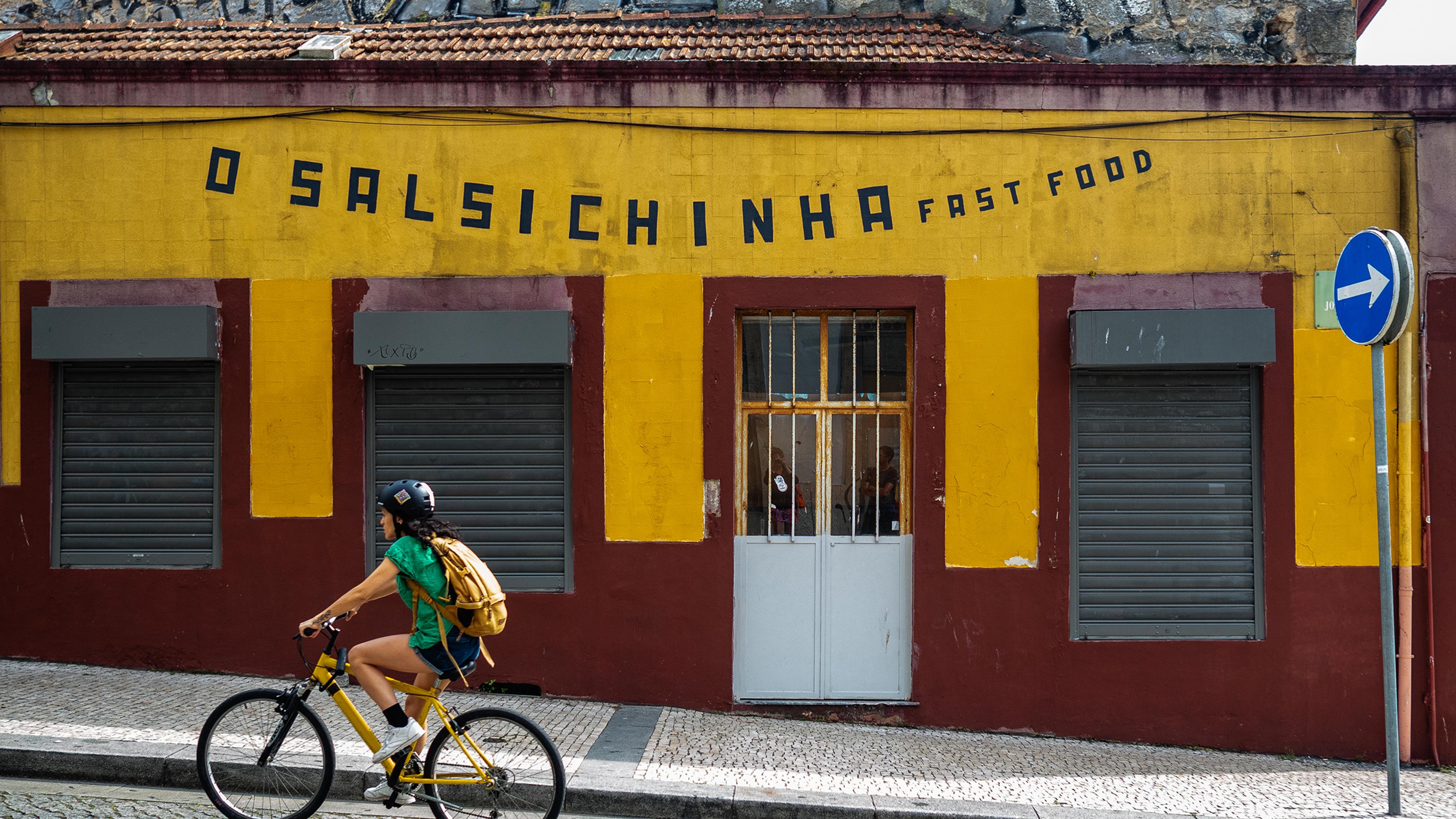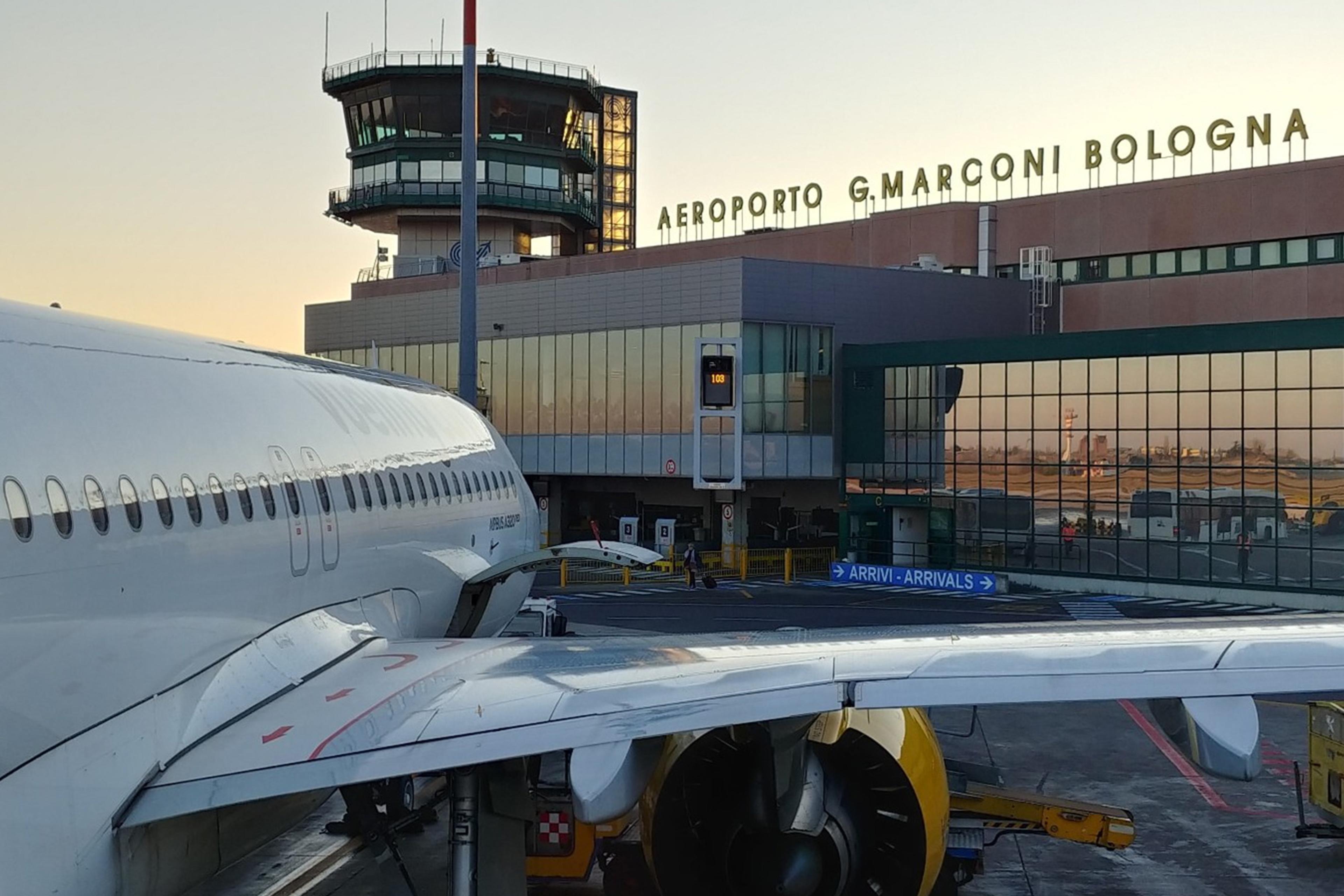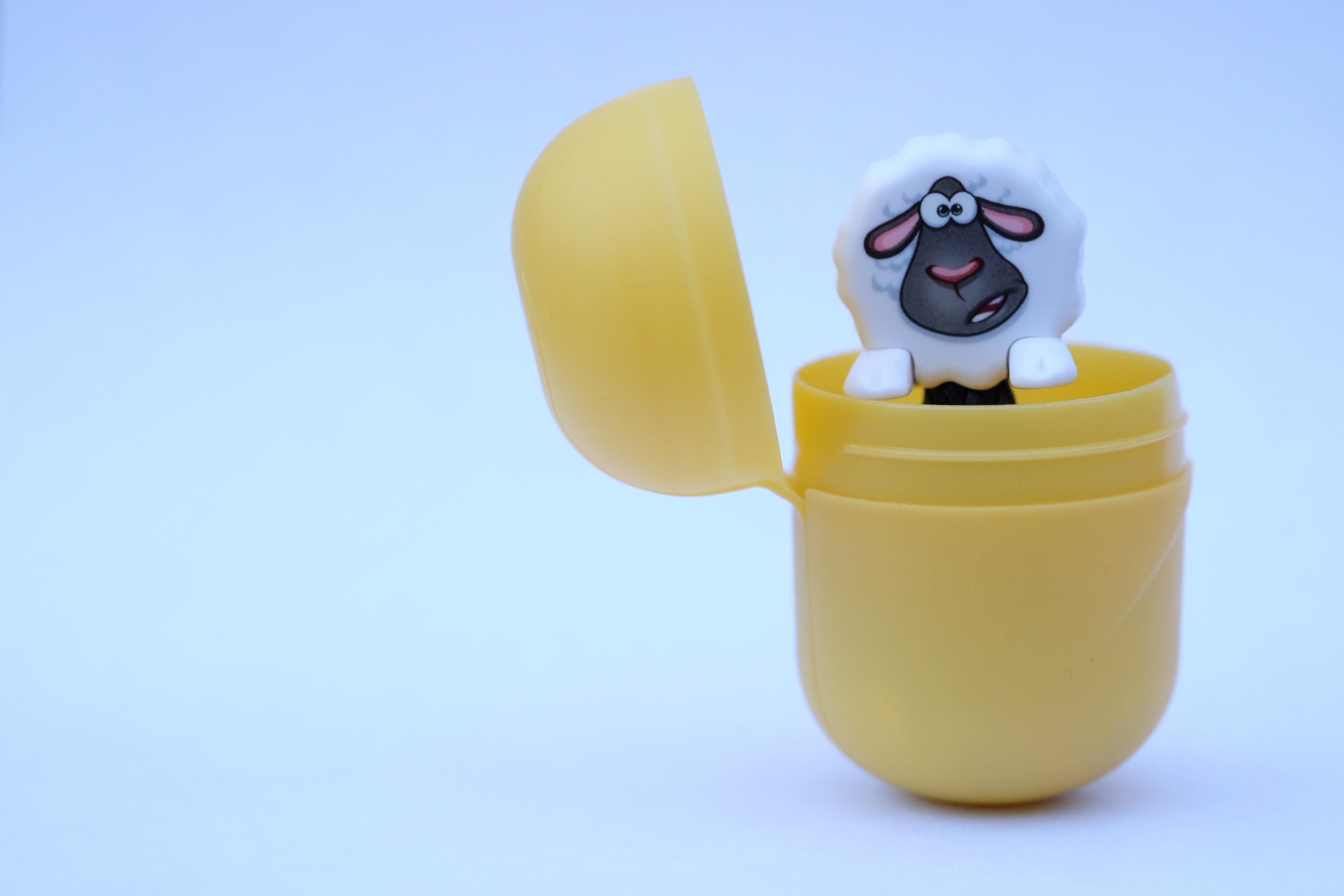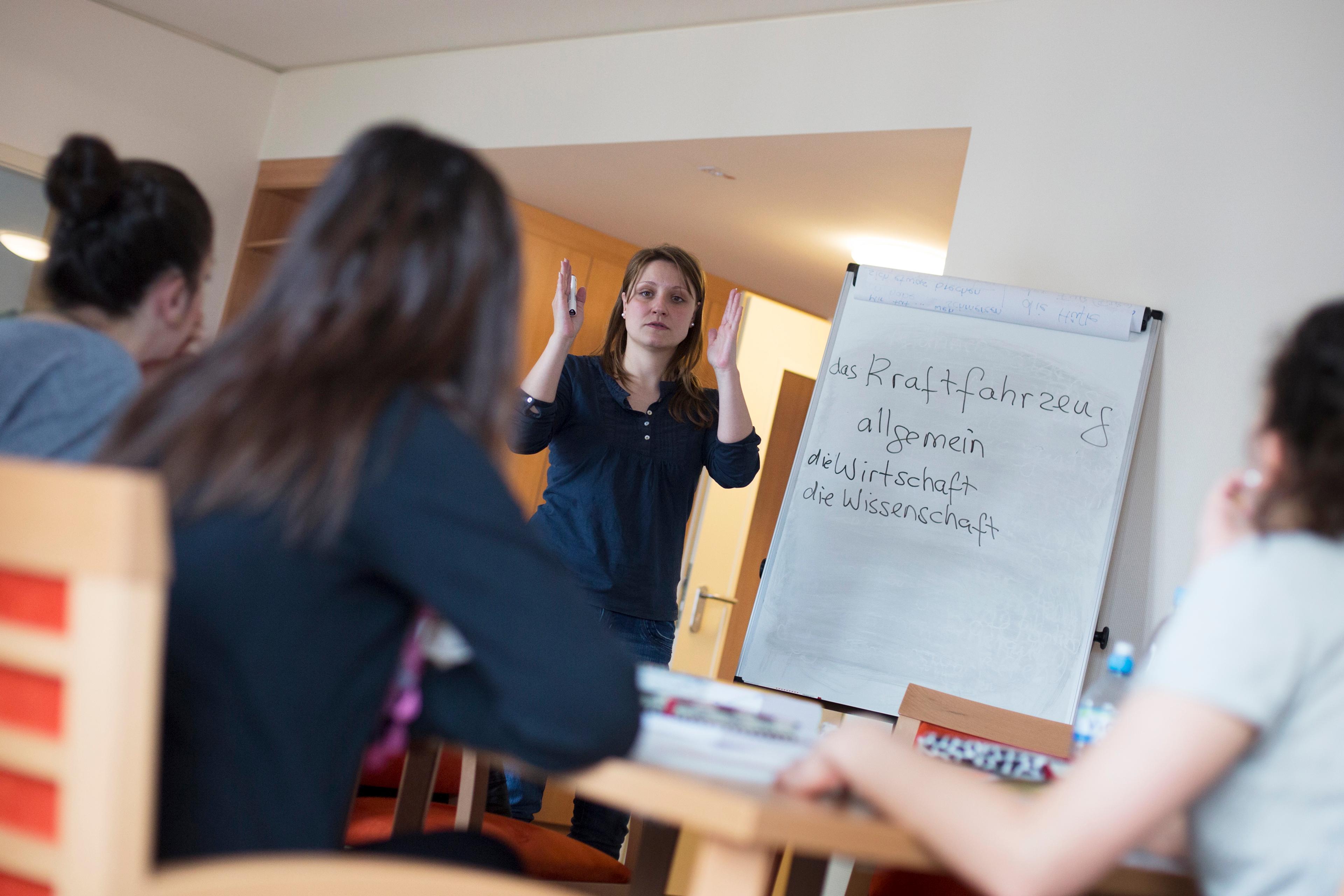‘She’s American,’ he explained, again and again – to the acquaintance who picked us up from the airport in Saigon, the hotel owner, the business partners and the extended family I was meeting for the first time. All of them wanted to know why I couldn’t speak my own language.
We were in my father’s birthplace, a city that likely would’ve been mine had my parents not fled after the war. Here, traffic moved like a current around French colonial-style buildings pressed against cold modernist skyscrapers – generations incongruously side by side, much like my father and me in this moment. I stood by him and stared down at my feet like a child as I listened to him recycle the same explanation on my behalf. ‘She’s learning on this trip.’
My father’s voice seems to drop half an octave in Vietnamese. Every time I hear it, we are both instantly younger. He is no longer an ageing grandfather and I am not his adult daughter. I am a child again, craving his approval.
By the second day, my father stopped speaking to me in English. ‘How else are you going to learn?’ He wanted me to practise with him aloud, even though every false move drew blood.
It was my third trip to Vietnam, and in those first few days, I hardly said a word to anyone, each excuse burying me deeper into silence. I don’t have my parents’ regional accents, my own being unmistakably American: blunt, fumbling and forgetful. I sound similar in other languages I’ve tried to learn; my voice, barely audible above a polite mumble, is riddled with abrupt, insecure pauses. In Vietnamese, a tonal language, the margin for error is smaller. If you lose your tones, the word ‘temple’ can turn into ‘sour’. If you’re not confident in speaking Vietnamese, then you’re unintelligible in it, and to be unintelligible in your own language is a lonely thing.
It would take me another two weeks to claw back some of the language – our language, the one my father gave me – from the deepest recesses of my memory. As always, it was a scathing process of trial, error and embarrassment. Then, just as I felt I was starting to recover my native tongue, it was time to leave, and to lose it again. To return to being a beginner.
My parents arrived in the United States as ‘boat people’ – among the nearly 2 million Vietnamese who fled their homes following the North’s victory over the South in 1975. My sister and I were born after they were already sworn in as ‘American dreamers’, each a perfect assimilation story that came from the squalor of statelessness, adrift on a riverboat, and managed to climb their way into corner offices in glass buildings. We were the first of their children born with English names, subordinating our Vietnamese ones to middle names on official documents.
In kindergarten, I used to sign my schoolwork with my Vietnamese name, confusing my teacher. When I had to put a stop to it, I began to lose my language. My parents also started speaking to us in English so that we would pick it up more quickly, and we did, to our detriment.
My parents wanted us to be Americanised, to gain access to the life that they were denied
The writer Kristin Wong has written about the pain of losing her first language to assimilation: language attrition, which, according to the researcher she interviewed, is more likely to happen when the second language is English. As a child, I marked that loss not by the moments I’d forget words while addressing elders in Vietnamese, but by the ensuing looks of disappointment on their faces.
My father has lived, worked and succeeded in the US for the past 45 years, but he still has an accent when he speaks English, and his foreignness is forever marked by it. He and my mother wanted better for us. They wanted us to be Americanised, to gain access to the life and choices that they were denied. All children of immigrants share this experience of sacrificial love. Our parents just want us to succeed. But when it eventually became clear what we had lost to do so, everyone lamented the sacrifice, and no one more so than my father.
Over the years, I started hoarding languages, perhaps to redeem myself after losing my first: Spanish, Italian and – in one half-hearted attempt – Catalan. I love their sounds, but they never quite fit in my mouth, so I kept trying – trying to find a language other than English in which I’d make sense. But I’ve only ever achieved a passable fluency that can support my survival for maybe five minutes. Beyond that, the conversation is perforated by silences – much like the ones that pockmarked my last trip to Vietnam.
When I moved to Portugal nearly two years ago – a voluntary migration compared with my parents’ forced one – I gave myself a deadline to become fluent. I wanted to distinguish myself from the other ‘expats’ who, in a wave of digital nomadism, had chosen Portugal for its English-friendliness as much as they had for its low cost of living (at least, relative to our home countries). Consequently, many do not feel the need to learn the language, but I wanted to be a ‘good immigrant’ and assimilate, earning my place among them, just as my parents were expected to as new arrivals in the US.
Since I moved here, my father has been fastidious in advising me to be vigilant. People can see my foreignness and abuse my ignorance, he warns me. They can take advantage. There are doors that unlock for immigrants when they gain command of the language, some measure of safety – but only if they can get it right.
I take great pains to master my pronunciation of Portuguese to make up for the deficit of nonfluency
During his most recent visit – he has visited me three times in the past year and a half – we booked a rideshare to the city centre to walk around and sightsee together. Portugal is an easy country to relax into, where locals are warm and welcoming, even to him – in English, a language he understands. It’s perhaps the only place I’ve ever lived where he came to visit as much to enjoy a place he quickly grew to love as to check in on me. I’m always meticulous when it comes to curating his experiences, taking him to pre-approved places where he can be impressed: by the food, the view, the people, but above all else, by my ease among them.
When the car picked us up, I tried to instruct our driver in Portuguese to reverse back the way he came to avoid navigating the narrow streets before us. He didn’t understand me, and we got stuck anyway.
My father blamed me. ‘He didn’t understand you,’ he scolded. ‘You didn’t say it right.’
I recently told an acquaintance that I take great pains to master my pronunciation of Portuguese to make up for the deficit of nonfluency.
‘Surely it’s more important to learn the language than to sound perfect in it?’ he asked.
The question frustrated me. That’s not what I was taught.
Slowly, I’m teaching myself how to be wrong.
Recently, at the local university where I am learning Portuguese, the professor asked us – a mix of working professionals and international students – whether we enjoyed life more as students than as adults. Being both, I spoke up. I said, in Portuguese, that I remembered enjoying life more when I was a full-time student, because being an adult–
I couldn’t get further before my words failed. My mind cycled through a Rolodex of vocabulary and verbs. Which language am I speaking? Which verbs am I using, and in which tense? Who am I addressing? My hesitation consumed the void where language should’ve been, summoning the silences that preceded this one: back in Vietnam, when I felt both embarrassed and heartbroken to try to muster words I knew but that never materialised for me.
Eventually, the professor ventured a guess at the words I was struggling to find, and without even hearing them, I agreed. Yes, that’s what I was trying to say. I was aware I might’ve looked incompetent in that moment, but I didn’t feel it. For the first time in my history of language learning, I too moved on.
‘You can practise Portuguese with me,’ nearly every Portuguese speaker I’ve met here has volunteered. Once, at a geladaria along the river, the woman at the till held hostage the queue that stretched out the door so that I could give my order in Portuguese. I had told her on a previous visit that I was learning, and she said she would help me practise. I strained, the people behind me waited silently, and she stood there looking at me, smiling.
For my parents, being perfect was a matter of survival. The opposite is true of my immigrant experience here: no one has shunned me for being wrong, nor derided me for not knowing better. There is nothing to lose. In fact, I’m gaining more than I’d expected: a way back to my own language.
Portugal, at one point the largest empire in the world, sent missionaries, traders and ‘adventurers’ around the world. They were the first Europeans to arrive in Vietnam, in 1516. The ships that stretched the empire’s expansionist grasp onto five continents set sail from the river behind my classroom. In the mid-17th century, Jesuit missionaries developed a Latin script for Vietnamese, moving the written language away from characters derived from Chinese, and assigning accents and signs from the Roman alphabet to match our tones. It’s how I know what to do with a tilde (~) over vowels, when I only ever learned of the accent placed over the n in Spanish (ñ). In written Vietnamese – which I only recently formally learned – the dấu ngã (tilde) is one of our six tones and is used with all of our vowels, not just the a and o, as in Portuguese.
I knew what to do with these diacritics because I’ve heard them since I was young – in my Vietnamese home in California, half a world away. To meet them again, in this classroom, is like seeing an old friend from childhood, and the sweetness of recognition helps me move more boldly in this new language. Maybe I haven’t lost as much as I’d thought.








